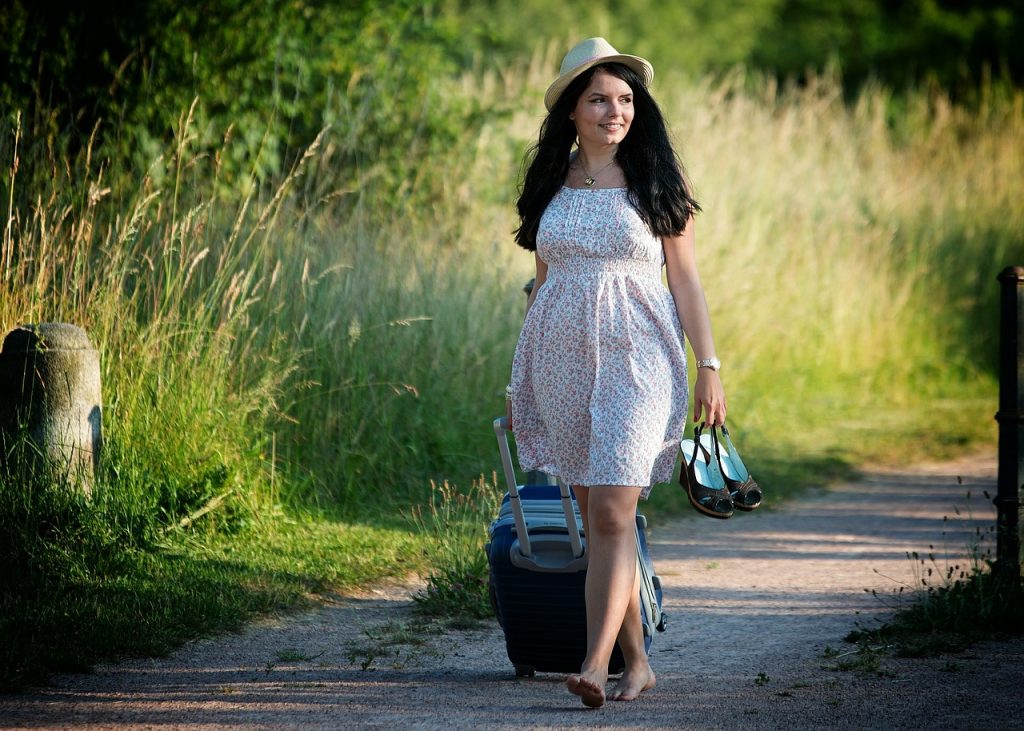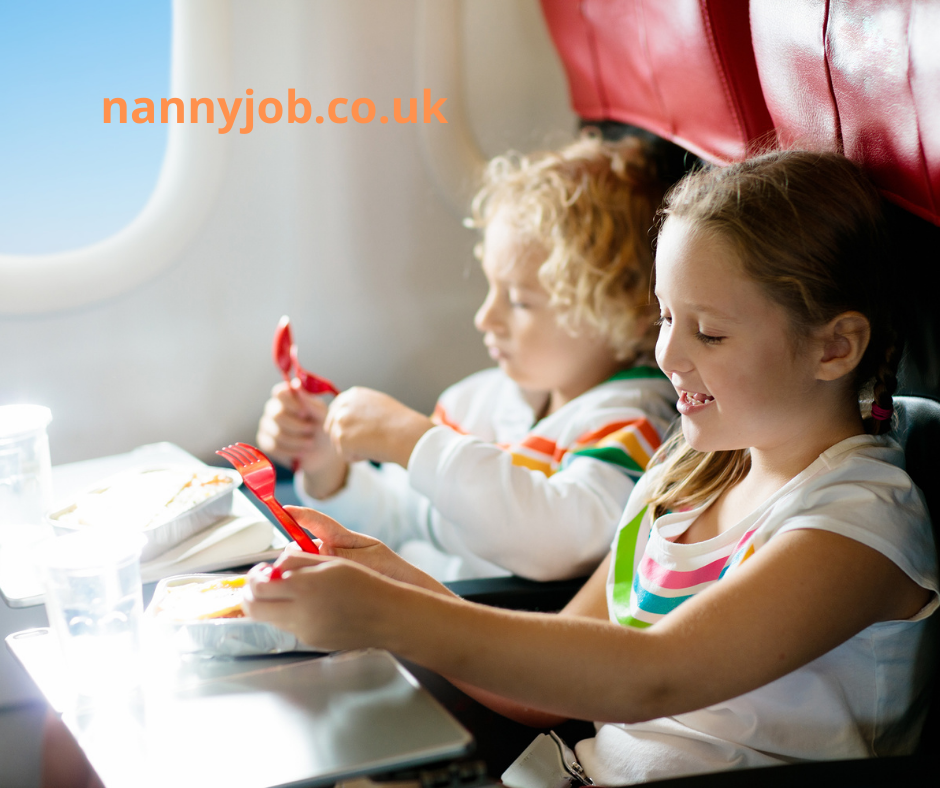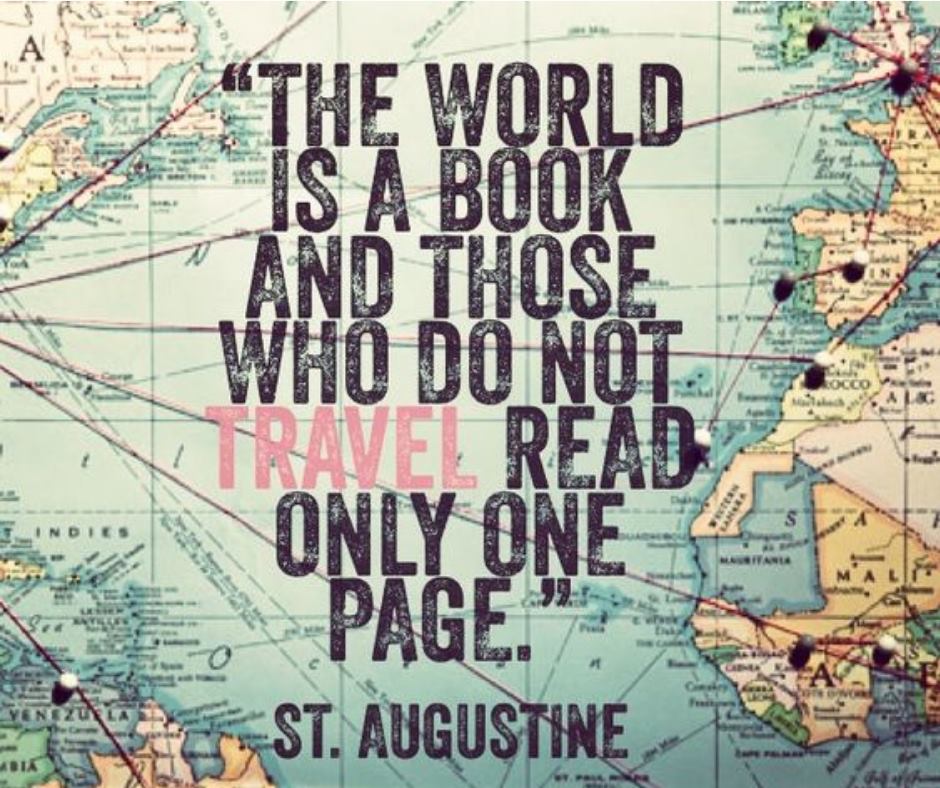Almost every nanny at some point flirts with the idea of nannying overseas. British nannies are sought after from Paris to Monaco, Dubai to Washington and salaries can be far more competitive than staying in the UK. There are several ways to go about finding a job overseas.
Almost every nanny at some point flirts with the idea of nannying overseas. British nannies are sought after from Paris to Monaco, Dubai to Washington and salaries can be far more competitive than staying in the UK. There are several ways to go about finding a job overseas. One option is work as a ski or summer holiday nanny in a resort. The advantage of this is that you have a team of other nannies around you and everything is taken care of by the company. The disadvantage is that you often don’t get to experience local culture and you may find yourself also working in a creche or nursery setting as well as with a family. If you’ve never worked as a nanny before this can be a great transition. You could also work for programmes such as Camp America for a season which will enable you to work in the US.
Alternatively you can find yourself a job with a family either through an agency or responding to a private advert. As with all private adverts it’s very important to make security a top priority. Ask the family for references and be wary of scammers. Book flights yourself and be reimbursed rather than giving the family your personal details and look up the details for the consulate in your destination country. Hours can be long and expectations high, and if you find nannying in the UK isolating you may want to avoid cities which don’t have a large nanny, au pair or expat community. Most overseas jobs are live in and it can be easy to find yourself spending evenings and weekends in your bedroom skyping your friends or catching up on Facebook instead of getting out and making the most of a new country.
If you are young and single an ideal way to try out working abroad is as an au pair. Although au pairs are paid far less than professional nannies and do fewer hours it is much easier to find a job, and once you have a reference to prove that you coped working abroad once you will find it easier to get a nanny job overseas. One of the other big differences between nannies and au pairs is the type of visa required. If you are an EU national you can work anywhere in the EU without needing a specific visa, however some countries have rules about what an au pair can and cannot do and the maximum and minimum rates of pay. British nationals can also get working holiday visas to countries such as Australia which will allow you to work temporarily as a nanny. To go to the US, however, the easiest way is to go as an au pair on a J1 visa. Many nanny jobs in America wanting a British nanny are actually advertised as au pair jobs so talk through the job carefully and know what you are signing up for.
A contract is an absolute necessity, particularly if you don’t know the language of the country you are going to. It is much easier to get a translation of a contract in your language or your employer’s than relying on verbal communication. A contract also means you have legal protection for your hours, duties and pay. Most employers treat their nanny well and provide not only accommodation and food but also a local mobile phone, help with administrative formalities and introductions to other local nannies or au pairs.



